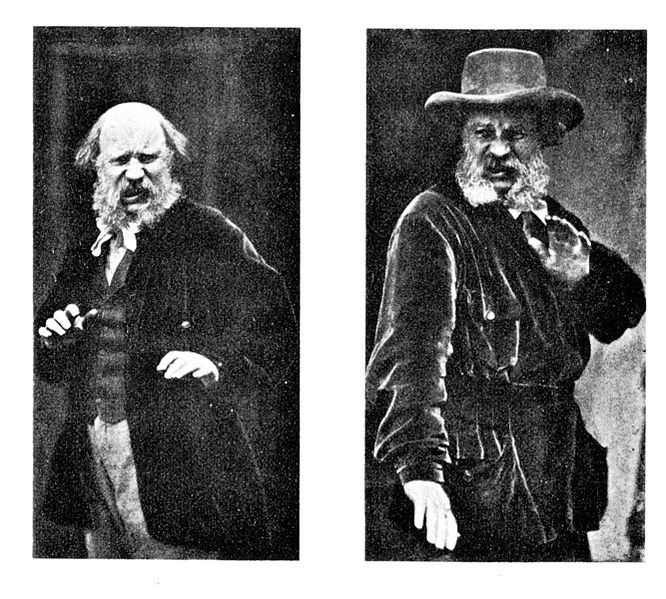Yet another story about a coconut importer who went mad and joined a cult which instructed him that he could commit any act he wished without repercussions if he just changed his name. Yes, that story again. The opening of an April 15, 1909 New York Times article:
“Decision was reserved yesterday by Supreme Court Justice Dowling on the application of Payne L. Kretzmer and Herman Obertubhessing for the appointment of a temporary receiver for the L. Schepp Company, large importers of cocoanuts. During the argument Charles. E. Rushmore, counsel for Leopold Schepp, the founder of the company and the principal defendant, said that the trouble in part was due to Kretzmer, who was formerly a Vice President of the Schepp Company, being a member of a cult which had for its principal doctrine the theory that persons could do anything they wanted to with impunity if they changed their names to suit their temperament.
As an example, Mr. Rushmore said that the plaintiff, Kretzmer, had changed his name from Louis to Payne since he had joined the cult and induced many of the employees of the company to act similarly. One employee who, according to Rushmore, had been induced by Kretzmer to change his name under the idea that he was immune from the consequences of anything he did, stole from the company after making the change, and as a consequence found himself a prisoner convicted in General Sessions.
To bear out this charge Mr. Rushmore filed with the court an affidavit by Leopold Schepp. It set forth that, while Kretzmer had previously ‘been a man of intelligence and of reasonable mind, within the last year and a half and at various other times he has claimed to Schepp and others that he is a prophet; that he is no common man, not a follower, but a leader; that he has the power to foretell the future and power to cure any person of any physical or mental ills.'”
Tags: Charles. E. Rushmore, Herman Obertubhessing, Leopold Schepp, Payne L. Kretzmer, Supreme Court Justice Dowling

